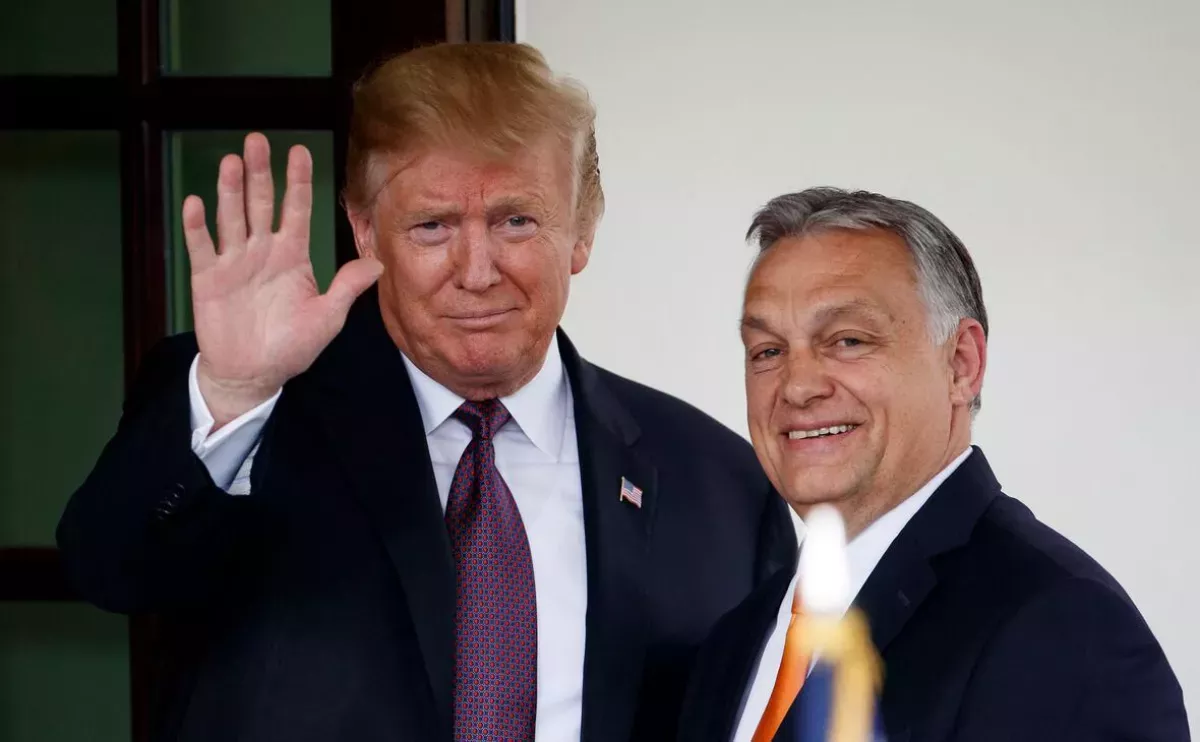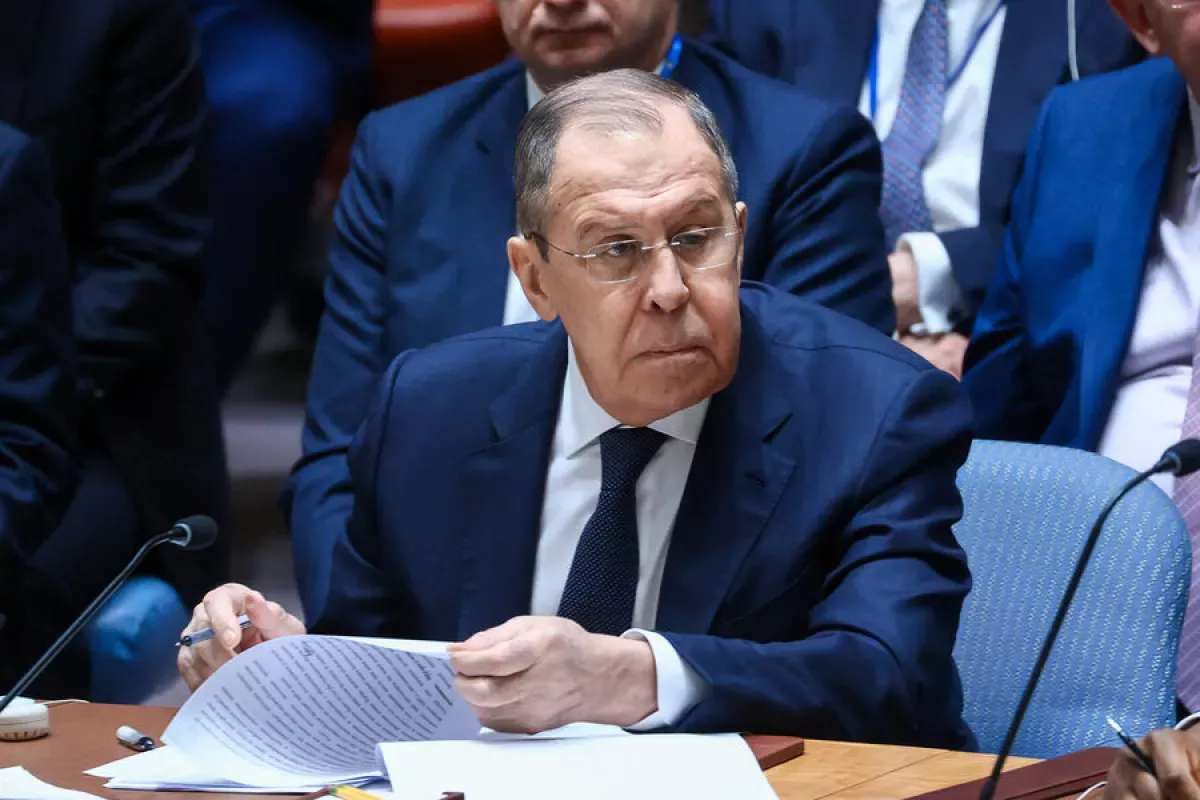Fragmentation vs. blocs: A new era in global geopolitics Rising Influence of Non-Western Alliances
Today, the term "fragmentation" on the global stage is increasingly being replaced by the concept of "blocs." In other words, the world is being divided into geopolitical blocs more openly, and not just into two opposing sides. While this isn't explicitly stated, the underlying message is clear enough to grasp.
Moreover, a subtle nuance emerges in this context: some global politicians on one side of the divide are pushing for a unified Euro-Atlantic bloc, which would include countries from other regions as well. However, other "official figures" in the United States and Europe perceive these blocs not as united entities but as players potentially at odds with each other.
For example, NATO Secretary General Mark Rutte initiated a detailed discussion with European leaders and Donald Trump on potential countermeasures in response to the deepening cooperation between Russia, North Korea, Iran, and China. He stated: “Russia, working together with North Korea, Iran and China is not only threatening Europe, it threatens peace and security, yes, here in Europe, but also in the Indo Pacific and in North America.” To put it another way, in Rutte's vision of the world, the United States and Europe, together with their partners in the Asia-Pacific, are in a single bloc.

A similar stance, though in a slightly different format, can be seen in the position of Hungarian Prime Minister Viktor Orban, who describes the current situation in Europe as "complicated and dangerous". “The situation in which Europe finds itself is difficult, complicated and dangerous,” Orban said at the start of the summit which he hosted as chair of the rotating presidency of the EU. He argued for a complete rethink of the “European model” given that the global economy is “faced with the frightening perspective of fragmentation”. In this aspect, he noted, “The future of our transatlantic relations is a core element of the European security architecture.”
If, for example, one listens to Finnish Prime Minister Petteri Orpo, a different puzzle emerges. According to Orpo, the European Union must send a "clear signal" to the new US administration about its unwavering support for Ukraine "for as long as it takes." "I think we have to give a clear signal to the US and the new administration that we will support Ukraine as long as it takes. It should be a clear and strong signal," Orpo said.
Naturally, French President Emmanuel Macron weighs in with the assertion that Europe is no longer suited to the role of the "herbivore" on the global stage after the reelection of Donald Trump as US President. In this regard, European countries must become "omnivorous" in order to effectively confront external challenges. “Everything is simple for me. The world consists of herbivores and carnivores. If we decide to remain herbivores, the predators will win and we will become their market. I think we should at least make the choice to be omnivorous. I don't want to be aggressive, but we know how to defend ourselves on all these issues,” he said. Emmanuel Macron made this statement two days after Trump's victory in the U.S. presidential elections, which leaves no doubt about the direction of his remarks. Moreover, his words build upon the ideas expressed by the French president in April 2024 about the potential "death of Europe" if Europeans make the wrong choice. “Our Europe today is mortal,” Macron said. “It can die and that depends solely on our choices,” he added. He called on people to make those choices now because, “it’s today that Europe is between war and peace.” Macron also appealed for stronger strategic autonomy, saying the continent "must show that it is never a vassal of the US and that it also knows how to talk to all the other regions of the world".
This context sheds light on Bloomberg's report about the European Union accelerating work on a "defence pact with the UK," which has now become "a top priority in their relations after Trump's victory."

In the context of the ongoing developments, it is impossible to overlook Moscow's perspective on the world, as expressed by Foreign Minister Sergey Lavrov, who identified the "formation of a multipolar world order" as the "main trend in global development for many years to come." In this framework, he highlighted the "strengthening of the positions of new centers of economic development" located outside the "collective West," focusing on the countries of the Global South and East, including China, India, Brazil, Indonesia, Malaysia, Saudi Arabia, the UAE, South Africa, Turkey, Iran, and others.
Following this, Lavrov noted the "increasing significance" of organizations such as the EEU, CSTO, CIS, ASEAN, the Gulf Cooperation Council, the Arab League, the African Union, and others. He emphasized that the further establishment and development of these regional and subregional integration structures, along with the establishment of "horizontal links" between them, fully aligns with the logic of multipolarity. This is because each of these groupings is based not on the principle of "hegemon"-"subordinates," but on the "sovereign equality of states." As Lavrov concluded, "strengthening contacts between these organizations" helps to "achieve success in addressing common challenges, coordinate policies at universal platforms, primarily at the UN." Although he described the Shanghai Cooperation Organization (SCO) and BRICS as the "most advanced structures of the non-Western world," which "seriously balance" the significance of the G-7, which has "turned into a club of Western nations."
According to many analysts, Lavrov's statement confirms the "bloc-oriented direction" of the current stage of global geopolitics. However, according to a significant number of experts, Russia's role as a key player against NATO's interests is being overtaken by China. But these are, so to speak, details. Regardless of who takes the lead in the anti-Western direction, the bloc-based backdrop of global developments is increasingly being seen as an undeniable reality by many observers.
Undoubtedly, the articulation of these views by political leaders, right after Trump's strong showing in the presidential election, clearly indicates how his factor is starting to play one of the most fundamental roles in shaping the new world order.








